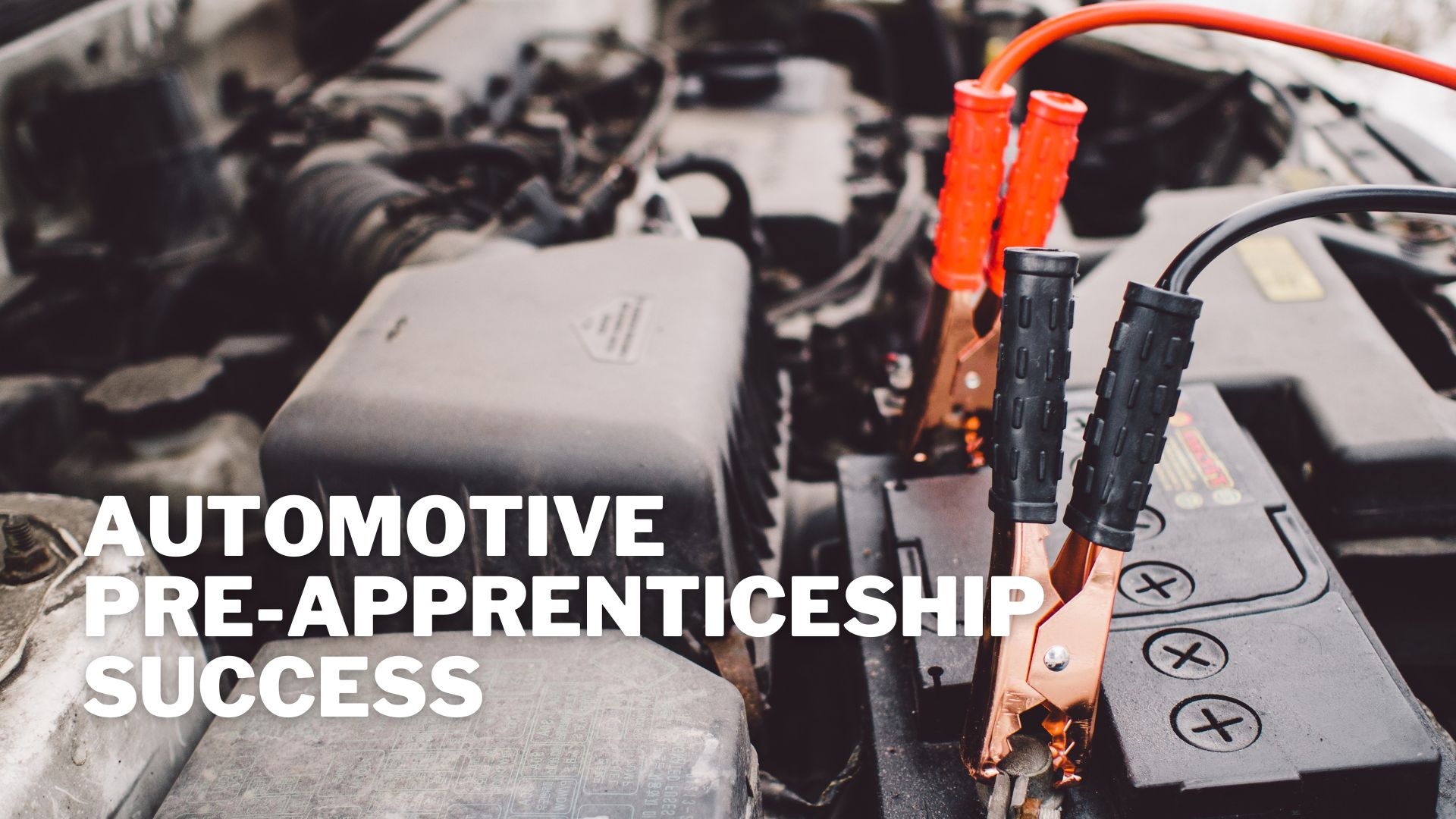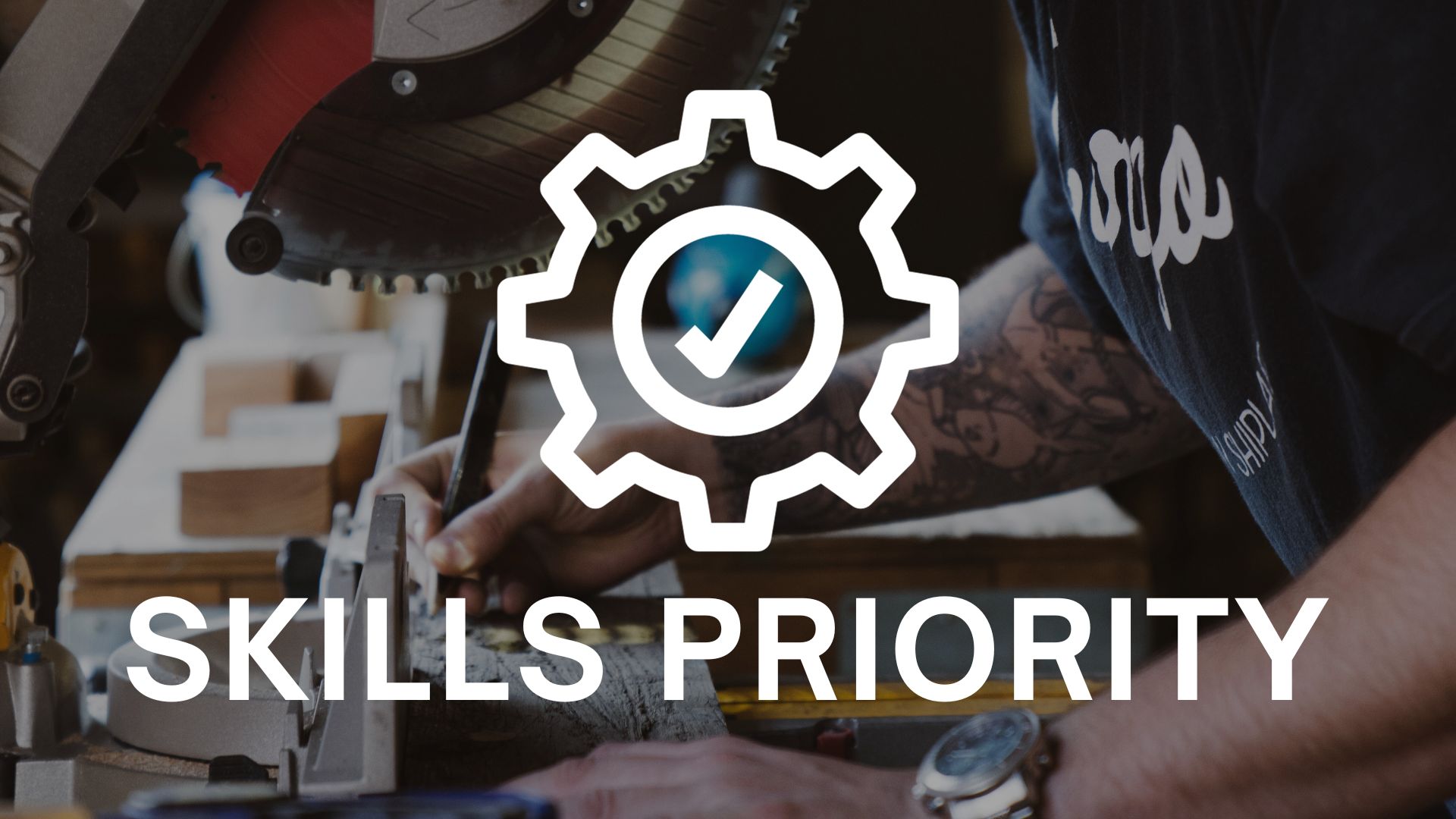Chad’s blog 7 – The interview
Welcome to Part 7 of my recruitment blog! This part will deal with the finer points of the interview itself.
It is an understatement indeed to say that the interview itself is the most important part of the process. It is absolutely critical. However, if you have followed the previous steps we have highlighted in the Parts 1 to 6, then this step should be much easier.
We left you in Part 6 waiting in the foyer of your prospective employer and your name has now been called. Make sure your mobile phone is turned off!
Before we go on though, let’s think a bit about your state of mind and how you’re feeling at this stage.
For the majority of people who go for interviews, nervousness plays a huge part in how we perform in the interview. I believe there is one main reason for being nervous – you really want this job and you want to perform at your best.
I’ll let you into a little secret. Employers also want to see you at your best, so many of them will try to relax you and make the experience less nerve-wracking. I always discuss nerves at the beginning of an interview as an icebreaker to let the candidate know I understand they can be nervous. Usually, it relaxes them and enables them to perform better. You cannot rely on this on every occasion but if you are nervous you should use this to your advantage.
Being nervous normally means you are less likely to forget what you have prepared. You tend to concentrate better and be more focused on what you are doing. I am normally more worried if someone tells me they are not nervous. This can mean that they really do not care if they get the job or not and are more likely to be severely underprepared.
So, if you go into an interview feeling quite nervous, try not to worry. It is normal and it is a good sign.
When you are greeted by the interviewer make sure you have a firm handshake. There is nothing worse for an interview to be greeted by someone who shakes their hand like a wet fish. On the other hand, you should ensure that your handshake is not too powerful and likely to break someone’s hand!
Once you have been seated in the interview room, you should wait for the interviewer to start talking first. Initially, the interviewer may start with small talk as their way of relaxing you but be careful not to waft on with any irrelevant information. Try to keep your answers as short as possible but at the same time, show interest and smile.
Early on in the interview, you will probably be asked what you know about their company. This is a great opportunity to get off to a good start. As I have said in previous blogs, companies are very impressed when you are able to describe what their company does; its mission and its purpose. Try not to refer to notes here it will look much better if you do it from memory. By all means have notes handy to refer to if you draw a blank.
Remember that even if you are being interviewed by a Group Training company for an apprenticeship or traineeship you should research that GTO the same as you would for a company you are applying to direct.
There is a range of interview questions you can prepare to answer. For an apprenticeship or traineeship there are three that are most important:
- Why are you interested in this trade or job?
You need to give some good information here. You need to convince the employer that you have a genuine interest and therefore more likely to get through the term of your apprenticeship or traineeship. Answers such as “it’s something different” or “I think it would be a good experience” or even, “friends have told me it’s a great job” are not likely to go down well. Tell the interviewer why you like the work involved and when the interest first came to you. A good word to use to describe your interest is “passion”. Show you are passionate about the job and this will impress a prospective employer. - What tasks and duties are usually undertaken by a qualified person in this job or trade?
This question is absolutely critical and again applicants are not aware that this is something they need to know. As I have mentioned previously, applicants going for an entry level role make the mistake of thinking they don’t need to know anything about the job – “I’m just an apprentice, they’ll teach me.” Especially in the case of an apprenticeship, it is important for the interviewer to know how great your knowledge is as they use this to measure your commitment to the role. The more you know about the trade or job the more you will convince an employer of your long-term prospects. If you come across as vague or not knowing anything about the job or trade, the interviewer will have concerns that you may not be prepared for all of the tasks you will be required to learn and may drop out after three months. - What tasks and duties would you undertake as a first-year apprentice or trainee?
Again you are being asked to provide proof of your knowledge of the job, this time at an entry level. Again, if you are able to give a great deal of information you will convince the employer you are serious about getting this job. Your research on the trade should easily enable you to answer questions two and three. - Are these the only questions you will be asked?
No. You are also likely to be asked about your personal strengths. This is a tricky question as most people do not know what their strengths are and find it very hard to answer. Examples of personal strengths are, hardworking, trustworthy, reliable and punctual, fast learner, willing to learn etc. Never say these in parrot fashion, ensure you are genuine in your answer as you may be required to give an example.
Interviewers may also ask you what we call behavioural based questions. These questions require you to give examples of situations you have been in before that relates to the question asked. For example, you may be asked to describe a situation where you have had to handle a difficult customer. You need to find an isolated case, describe the situation, how you handled it and what the outcome was. Be careful not to generalize or describe what you would do in that situation or what someone else would do. Make sure it is an actual situation in which you have been involved.
Now that we’ve gone through some of the good things you should do in an interview, here are some of the bad ones:
- Never talk down your previous company
no matter how bad they were. Employers don’t like to hear this and may think you will do the same to them. - Keep slang out of the interview. Make sure your language is professional. The one pet hate of mine is the use of the word, “youse”. It’s not even a word actually. Professional language, also means no swearing of any form no matter how appropriate you think it may be. If an interviewer lets a swear word slip, don’t assume that is a license for you to d so.
- When a question is asked, make sure you don’t go off on a tangent onto some other subject. Be careful about monopolizing the interview, it is not a good look!
- Don’t guess at your answers.
If you are truthfully unsure then there is no harm in admitting that. For an entry-level role, it may not be that crucial. - Maintain eye contact at all times.
Looking at any part of the room other than directly at the interviewer can send a message that you are not interested or they may deduce that you find it hard to talk to people and will not fit into the employee team. - Don’t slouch in your chair or lean all over the desk in front of you (if there is one). Sit straight at all times, hands by the sides or in your lap.
And there you have it. Please be aware these interview tips are based on entry-level roles especially apprenticeships and traineeships.
This is not the end of my blogs though. I will discuss in the next blog what you should do after the interview in following up and getting feedback. See you then!




